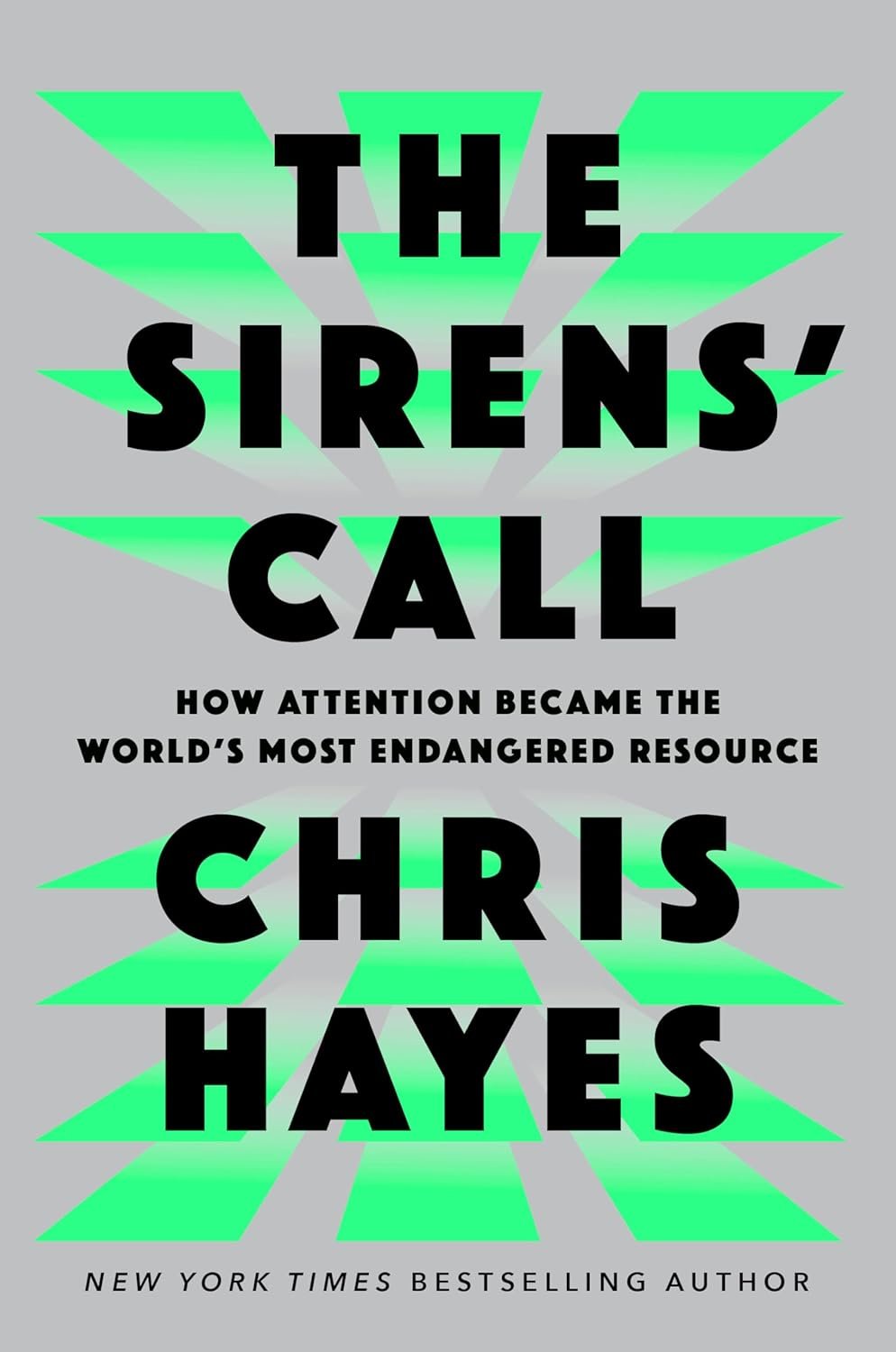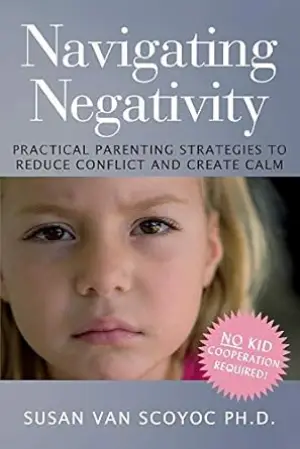A Reflection on Attention: The Sirens’ Call
In a world where distraction is practically a fixture of daily life, the title The Sirens’ Call: How Attention Became the World’s Most… instantly struck a chord with me. Written by the astute and insightful Hayes, who deftly blends his experiences as a longtime television host with psychological research and candid anecdotes about his children’s technology use, this book is not just a read—it’s an exploration of the very fabric of our modern existence. It’s a book that made me pause and reflect on my own relationship with attention and how it weaves into the tapestry of our lives.
Hayes dives into themes that resonate profoundly in this age of information overload. The commodification of attention, akin to the industrialization of labor that Karl Marx critiqued, is a stark reminder that our very consciousness has become a currency in a relentless marketplace. He invites us to ponder profound questions: What do we lose when our focus is constantly fragmented? How do the quick, digestible snippets of information degrade not only our understanding but also our ability to think deeply? As I read, I found myself nodding in agreement—like many, I’ve felt the frustration of being unable to lose myself in a book or a train of thought, compelled instead to check my phone or my emails.
One passage that particularly resonated was when Hayes states, “Attention is the substance of life. Every moment we are awake we are paying attention to something… Ultimately, these instants of attention accrue into a life.” This observation made me reflect on the myriad distractions in my own life, drawing a line between what truly deserves my attention and what merely seeks it. Each time I felt the urge to check the news or scroll through social media, I could hear Hayes’ words echoing in my mind.
His writing style is refreshingly accessible yet poignantly thought-provoking. The narrative flowed seamlessly, the pacing just right to keep me engaged without overwhelming me with information overload, something he cautions against. While Hayes employs scholarly references and draws parallels to historical contexts, he does so with a warmth that invites readers into his contemplation rather than distancing them in abstract concepts.
The book also confronts the rise of attention-seeking figures, from influencers to politicians, prompting a collective interrogation of our society’s values. It’s unsettling to see how we have elevated those who can capture attention for attention’s sake, regardless of the merit behind their message. Hayes paints a vivid picture of our current state: “The promise of the information age was unparalleled access to every single last bit of human knowledge… and the reality is a collective civic mental life that permanently teeters on the edge of madness.”
Upon closing the cover, I felt a renewed sense of responsibility and urgency. The Sirens’ Call challenges us to be deliberate about where we direct our gaze. For me, it drove home the importance of nurturing environments conducive to deep thinking, both in my own life and in my interactions with students.
I wholeheartedly recommend this book to anyone grappling with the pervasive distractions of modern life—whether you’re a busy parent, a student, or just a curious mind. Hayes’ reflections on attention are not merely insights; they are call to action, urging us to reclaim our focus amidst the chaos. The reading experience has profoundly impacted me, igniting a desire to engage more mindfully with my own attention, and I believe it will inspire many others to do the same.
[ad_2]
Discover more about The Sirens’ Call: How Attention Became the World’s Most… on GoodReads >>







